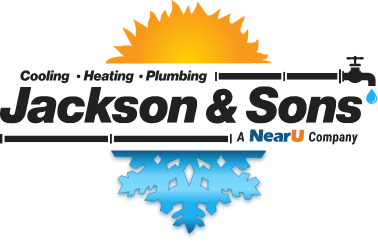
Maintaining healthy indoor air quality in your home is a year-round matter. While certain pollutants can be a factor any time and in any season, the indoor environment accumulates higher levels of many toxins during the cold season. The house is more closed up in cold weather, so less fresh air enters the home to dilute possible indoor pollutants. In addition, the combustion process in the home’s heating system can potentially add hazardous pollutants to the house.
Here’s more detailed information about potential factors that impact indoor air quality in the winter.
- Carbon monoxide. Produced by a gas furnace, carbon monoxide is an odorless, colorless byproduct of natural gas combustion that can be deadly. When it’s properly maintained, carbon monoxide from a furnace is safely vented to the outdoors. However, factors including poor furnace combustion, lack of professional maintenance, a damaged heat exchanger, and inadequate venting all pose a serious threat to residents.
- Mold and other fungus. In cold weather, the warmer, enclosed indoor environment may accumulate higher levels of humidity, affecting indoor air quality. This moisture feeds mold and fungus growth, which may trigger allergic reactions in certain people.
- Pet allergens. Persons may also be allergic to dogs, cats, and/or other animals that release tiny airborne skin flakes known as dander. During winter, as many pets remain indoors longer to stay warm, levels of pet dander may rise within the house.
- Biological factors. Everyone knows that viruses such as colds and flu tend to reproduce more rapidly in a closed-house environment during winter. These illnesses commonly spread among other residents of the house.
- Volatile organic compounds. Known as VOCs, these vapors are emitted by common household chemicals such as cleaning products, paint and varnish, and air fresheners. Building materials and carpet may also release VOCs. As vapors accumulate indoors during winter, the concentration may cause eye and nose irritation, headaches, and other serious issues, such as damage to liver and kidneys.
For indoor air quality solutions, contact the professionals at Jackson & Sons.

